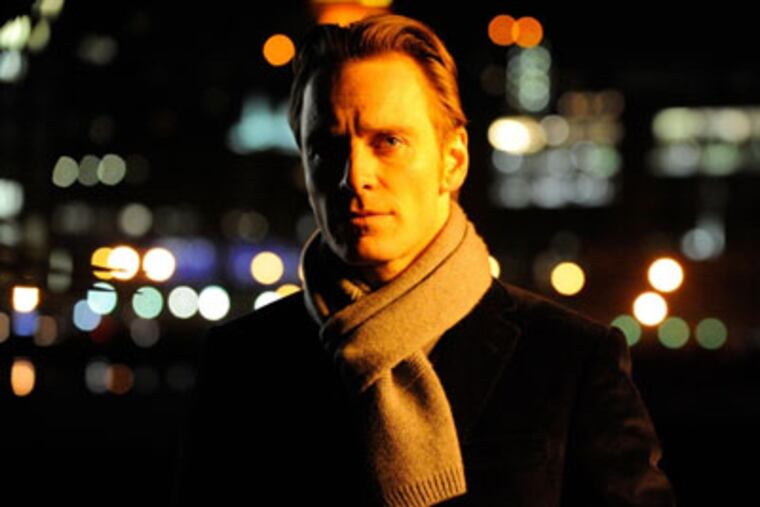'Shame' involves a man with compulsive needs
WITH "SHAME," Michael Fassbender continues to, uh, flesh out one of the great calender-year acting feats in recent history.

WITH "SHAME," Michael Fassbender continues to, uh, flesh out one of the great calender-year acting feats in recent history.
When has an actor ever been so good in so many different roles?
He was an impeccable Rochester in "Jane Eyre," and somehow managed to look respectable in "X-Men Origins" wearing his Magneto helmet, a piece of headgear that defeated even the great Ian McKellen. And we've yet to see him as Carl Jung in "A Dangerous Method."
Now comes "Shame," an NC-17 movie starring Fassbender as Brandon, a man with a compulsive need to consume pornography and pursue anonymous sexual encounters.
The role leaves Fassbender naked in front of the camera in ways literal and figurative. As a man damaged by a traumatic childhood (details are left purposefully vague), he's uncomfortable expressing himself, and says little in the course of "Shame."
On top of that, he's often left alone in front of the camera for minutes at a time - no dialogue, no coverage, no cutting.
"Shame" is the work of British artist-turned-director Steve McQueen, whose comfort level with lingering, highly candid images of the human body made his prison movie "Hunger" so startling.
McQueen simply has no fear of the 5-minute take, often without the safety net provided by words.
Case in point: One of the movie's best moments has Brandon eyeing an attractive young woman on the subway. At first, it seems like a handsome stranger seeking confirmation of mutual attraction by means of a discreet glance.
But Brandon, the addict who craves anonymous sexual encounters (can't have sex any other way), gradually turns his flirtatious gaze into a fixed and predatory stare, and the young woman, after several minutes of this, flees in terror.
It's a riveting moment. There's another one, related to Brandon's tortured history and tormented psyche: He survives emotionally only by withdrawing from meaningful personal contact. His controlled, antiseptic world comes apart when his wayward sister (Carey Mulligan) shows up to crash on his couch.
This is more intimacy than Brandon can bear - amplified by the fact that she apparently knows the source of his addictions and his shame, and shares them.
This all builds to a moment when he goes to see her sing in a club, and sister serenades brother with a minimalist, a cappella version of the Frank Sinatra standard "New York" that turns the song on its head, making it a ballad of dashed dreams and unspoken suffering.
McQueen lets the song play to its entire length, creating one of the most peculiar and oddly engrossing pieces of film you'll see this year.
By now, there can be no question that McQueen knows how to mix good performances and visual panache to create compelling moments. But can he fit them together to form a dynamic dramatic arc?
There's still something mannered in McQueen's work that gets in the way of complete involvement in the characters. Still, he's a talent, and I can hardly wait to see what he does with Fassbender, Chiwetel Ejiofor, Brad Pitt and a big budget in "Twelve Years a Slave," his next project, his first for Hollywood.